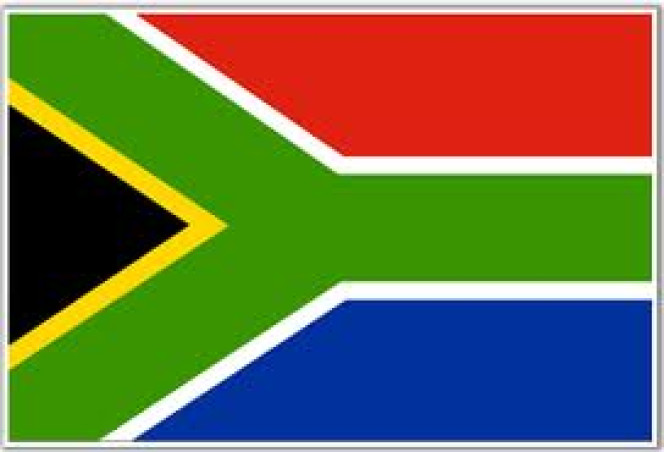Sending money out of SA set to become easier and cheaper

An exemption to a financial intelligence law will reduce the cost and lessen the bureaucracy involved in transferring cash across the border.
The cost of sending money from South Africa to people in neighbouring countries or abroad is set to drop.
Last week Finance Minister Nhlanhla Nene approved a long-awaited exemption from legislation for cross-border remittances.
The exemption from the Financial Intelligence Centre Act will reduce the regulatory requirements relating to combating money laundering and the financing of terrorism, which banks and other qualifying institutions must meet.
Financial institutions will no longer be required to obtain proof of residence or a South African tax number for cross-border transactions, provided the amount is less than R3 000 a day or R10 000 in a calendar month. This is according to Brendan Pearce, head of programmes at FinMark Trust, an organisation that monitors financial inclusion.
Exemption and conditions
The trust expects that the exemption will result in a reduction in the cost of transferring money across the border and less administrative work on the part of financial institutions.
The exemption was published in the Government Gazette on June 5 and will come into effect at the beginning of July, according to the Financial Intelligence Centre. The exemption will apply to all banks, mutual banks, the Postbank, Ithala Development Corporation and money remitters.
The exemption is, however, subject to conditions according to the gazette notice. These include that, where these institutions enter into a single transaction with a client or conduct a transfer on behalf of a customer, they scrutinise the remittance activity on an ongoing basis and use “enhanced measures, over and above … normal procedures” to identify and report any suspicious activity.
The exemption has been in the making for five years said Pearce. In many cases, he said, people working in South Africa and wanting to send money home do not have formal or permanent addresses.
The administrative burden to verify these customers’ addresses has added to the high cost of remittances through these formal channels, Pearce added.
An incentive to user formal channels
According to the trust, the exemption will also encourage remitters who use informal and risky channels to instead use formal ones. This will improve the lot of poor migrants and their families in the main corridors around South Africa, the trust said in a statement.
These remittance corridors include Zimbabwe, Mozambique, Malawi, Lesotho and Swaziland among others.
“This is definitely a step in the right direction for [the] financial inclusion of poor people in the SADC [Southern Africa Development Community] region,” the trust said.
According to World Bank data, the global cost of remittances averaged around 8% of the amount transferred in the fourth quarter of 2014. The cost of remittances in sub-Saharan Africa, however, far outstrips this at 12% of the transaction cost, according to the bank.
It noted that the costs of sending money from South Africa to Zambia, Malawi, Botswana and Mozambique “are the most expensive in the region”.
Research from FinMark Trust, published in 2012, revealed that, in remittance corridors from South Africa, 12% of remittance flows travelled through banks, 8% through the post office and 8% through transfer services such as Western Union. The rest of the financial flows travelled through informal means such as taxi or bus services and family and friends.
The high cost of sending money though banks and money transfer companies has spurred the growth of mobile money offerings – which allows individuals to send money to recipients by cellphone.
Mobile money services undercut banks
Cross-border mobile-money offerings are expanding to include interoperability, which allows different mobile money services to transact directly with each other. For instance, customers using MTN Mobile Money and Safaricom’s M-Pesa may now send money to each other across the East African region.
In South Africa, mobile money services are undercutting banks when it comes to the cost of sending money to countries such as Zimbabwe. Money flowing to Zimbabwe forms one of the largest remittance corridors out of South Africa.
Operators such as Mama Money allow Zimbabweans living in South Africa to send money home through their cellphones at a rate of just under 5% of the total cost of the transaction.
This is far lower than the costs to remit money through local banks and money transfer operators according to World Bank data monitoring remittance flows between Zimbabwe and South Africa.
According to the data for the first quarter of 2015, the cost of sending cash through formal banking channels averaged 20%.
SOURCE:MAIL & GUARDIAN
 Africas leading resource for digital financial services
Africas leading resource for digital financial services


comments